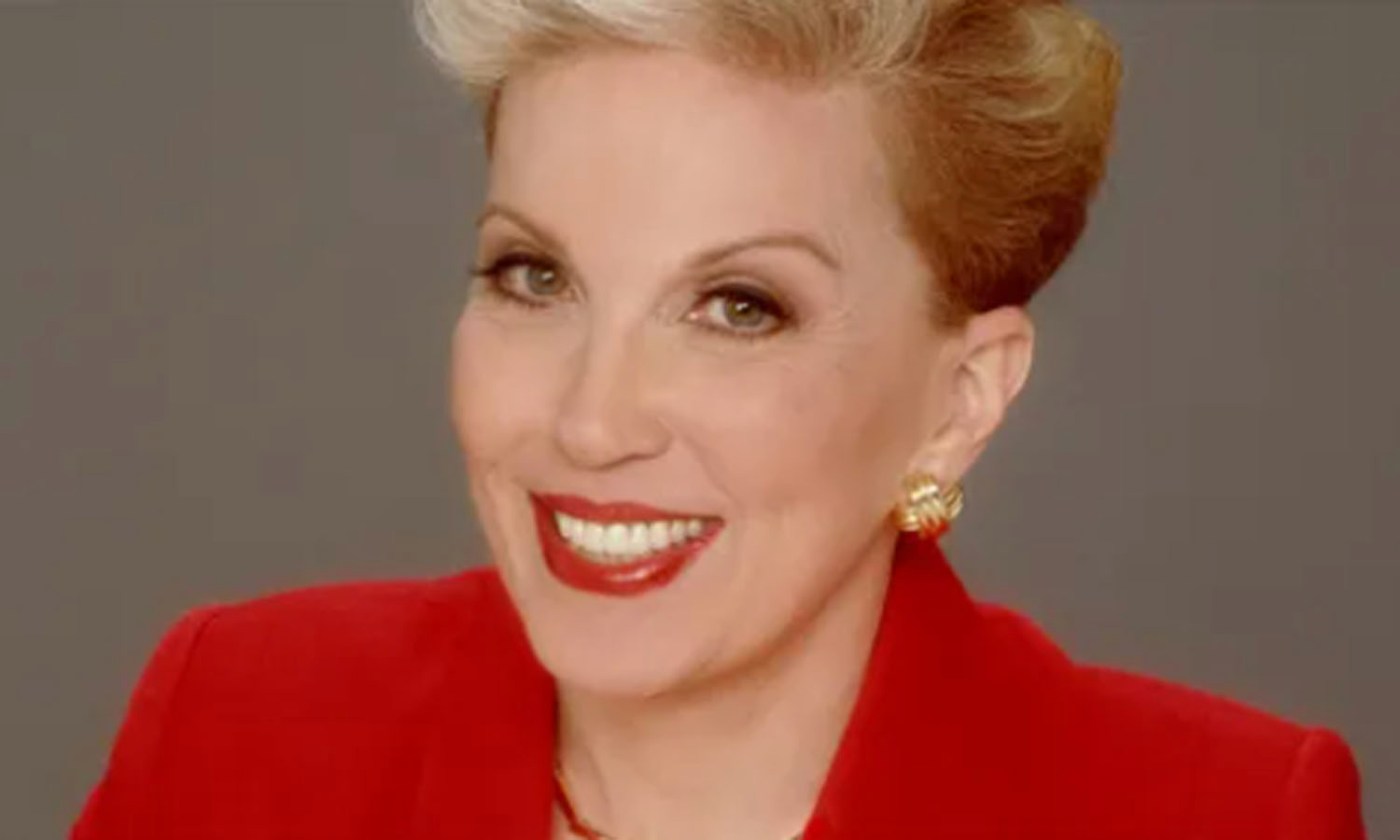A pregnant woman from New York is drawing criticism for her choice of unconventional baby names, sparking a discussion about parental responsibilities and the impact of names on children. The friend, referred to as Cindy, is six months into her pregnancy and has begun sharing her unique naming ideas, which have raised eyebrows among her social circle.
Cindy’s approach to naming her daughter revolves around aesthetic appeal rather than meanings, leading to some controversial suggestions. After initial discussions, Cindy considered names such as Chlamydia, which prompted her friend to intervene due to concerns about potential bullying. The friend has expressed her worries about the implications of such names, emphasizing that children can face significant ridicule based on their names.
Despite her friend’s objections, Cindy remains undeterred. She has shifted her focus to the name Cliché, believing that as long as it is not associated with a sexually transmitted disease, it would be acceptable. This has led to frustration on the part of her friend, who has now objected to four of Cindy’s proposed names, including Bidet and Chalet. Cindy has labeled her friend as “hypercritical,” suggesting a growing tension between the two.
Cindy’s family appears to support her naming choices, with some even endorsing the name Chlamydia as lovely. This dynamic raises questions about the role of family in naming decisions and the importance of considering societal implications.
In response to the situation, the friend has sought advice on how to navigate this sensitive topic. She has been encouraged to suggest alternative names that are both beautiful and carry positive meanings, such as Kalista, Lydia, Olympia, or Andromeda, which have roots in Greek mythology. The advice also includes focusing on the child’s future well-being rather than the immediate preferences of the parent.
In another correspondence, a separate individual, identified as “Closeted in the Midwest,” expressed concerns about revealing their asexuality to family members with conservative beliefs. This person has been silently navigating their identity while feeling disconnected from their family’s dating experiences. They are considering coming out to their college peers but are anxious about potential backlash.
The writer, Abigail Van Buren, known for her empathetic advice, suggests that the individual take their time before revealing their asexuality to family. She emphasizes that asexuality is a valid orientation and should not conflict with familial beliefs. Van Buren encourages finding supportive communities, particularly online, where numerous resources exist for asexual individuals.
These letters to Dear Abby highlight the complexities of personal identity and naming conventions, showcasing the delicate balance between individual preferences and societal perceptions. As parents navigate the naming process, it is essential to consider the long-term implications of their choices on their children’s lives.
Dear Abby, founded by Pauline Phillips and continued by her daughter, remains a trusted source for advice on interpersonal issues. For more insights, visit the official Dear Abby website.
